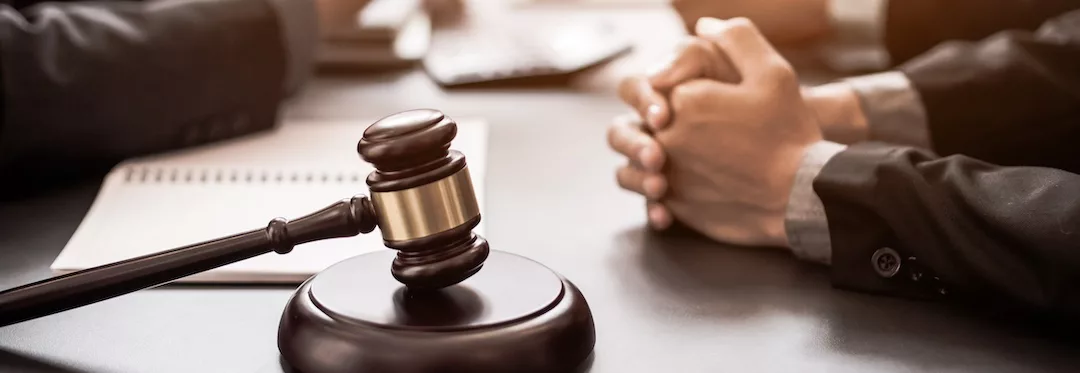Facts:
In 2020 Sergio Correa was stopped by a police officer, leading to the discovery that Correa did not have a valid driver license as well as being under the influence of drugs and in possession of drugs/paraphernalia. Prior to the stop, the officer had begun following Correa’s vehicle and ran its license plate, learning that although it was owned by a female, in the last two months a “Sergio Correa” had previously been stopped and cited for driving this vehicle without a license.
When the vehicle pulled into a parking lot, the officer also stopped, activated the overhead police lights, and then approached Correa, thus initiating the investigatory stop. At this point in time the officer did not know if the driver was actually Correa and had not witnessed any traffic violations while following the vehicle. Correa was eventually charged with several offenses including possession/use of a controlled substance and driving on a denied license based upon statements and physical evidence obtained during the stop.
Correa filed a motion with the district court to suppress all evidence obtained after the stop occurred, reasoning that the officer had no reasonable suspicion to perform the stop. The district court denied the motion, whose decision Correa appealed to the Utah Court of Appeals. The Court of Appeals agreed that the officer may have had a reasonable belief the driver of the vehicle was Correa, but disagreed that there existed any reasonable suspicion that Correa was repeating the offense of driving without a valid license.
Analysis
The Court of Appeals based their decision on the Fourth Amendment’s protection against unreasonable searches and seizures, stating that an investigatory stop like the one at issue here requires “reasonable, articulable suspicion that the person has been, is, or is about to be engaged in criminal activity.” While the officer had learned from running the license plate that Correa had been cited two months prior for driving without a driver license, the officer had not observed or gained any new evidence that would indicate Correa was now committing a new offense. It would not be considered a reasonable seizure if once a person had been cited for driving without a license or insurance to now repeatedly stop that person in order to check if they are committing the same offense. It is more reasonable to assume that in the span of two months a person would have resolved whatever difficulty was preventing them from obtaining a driver license.
In the absence of reasonable suspicion to perform the initial stop, it is appropriate to suppress any evidence that resulted from this unlawful seizure. As no exception to the exclusionary rule was put forth in this case, the Court of Appeals granted Correa’s motion to suppress and remanded the case to the district court for further proceedings.
